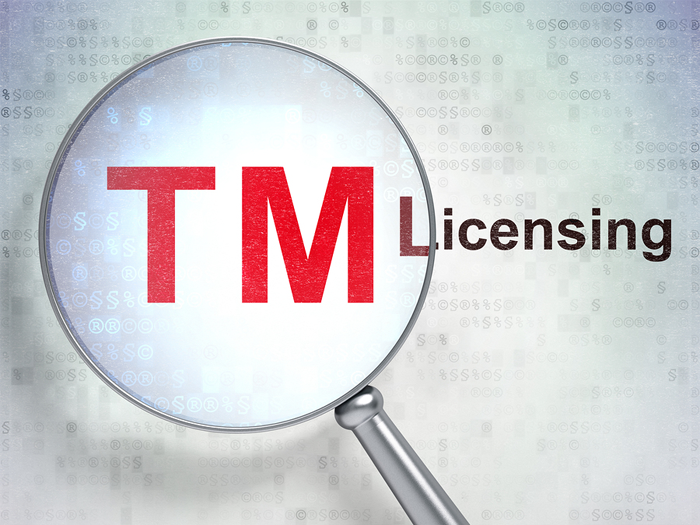A trademark is an Intellectual Property in the form of visual representations depicted on products/services. Such depictions such as symbols, words, colour, packaging, labelling, shape and combinations of them allow customers to recognise products made by a manufacturer. Being an Intellectual property, it is owned by one entity. It can also be assigned, transferred or licensed to prospective users. Traders who receive licenses will be authorised to manufacture the same products as the registered trademark holder. They will also be allowed to fix the mark on the product and in other places such as sign boards, advertisements, letterheads and other documents. Licensing takes place for a fee charged by the registered owner of the trademark. There may be other restrictions and strict quality control guidelines which shall be specified by the owner, which has to be followed by the licensee.
Licensing Compared To Unauthorised Use
The purpose of a trademark is to show the origin of a product. Along with the right to use trademark for commercial activities, there also lies a duty on part of a trader not to let others use the same for goods not connected to him/her. If that happens, the owner of a trademark shall risk tarnishing of the image of his/her own business and products. The element of distinctness shall be lost, which may result in removal of the trademark from the Register of Trade Marks. Therefore, it becomes important to have a system of licensing backed up by an agreement which regulates the process of licensing. This allows the trader to have better control over the use of his/her trademark and to stipulate the quality standards to be adhered to by the licensee.
Permitted Use Under The Trade Marks Act
According to the Trade Marks Act, 1999, there can be two kinds of permitted use by third parties. One is the permitted use by a third party who is registered as a Registered User. The next one is permitted use by a third party without registration as a registered user. Such use is subject to certain terms and conditions.
Sections 48 to 53 mentions the provisions regarding registration for registered users. An application for such registration must be made jointly by the registered proprietor and the proposed registered user in the prescribed form. The decision of the registrar as to the grant of registration shall be final.
For permitted use of a trademark without being registered as a registered user, following are the conditions.
- The trademark must have a valid registration when granting the permission.
- There must be a written agreement by the registered proprietor granting permission for such use of the trademark.
- The proposed user must abide by the terms and conditions on which the registration of the trademark is subject.
Section 48(2) of the Trade Marks Act says that permitted use of a trademark will be deemed to be use by the registered proprietor of the trademark. This shows the power of registered users. It will be permissible for a registered user to initiate infringement action against an offender. However, an unregistered user may not be allowed such rights.
Control By The Proprietor
Control of the use of a registered trademark is of paramount importance on part of the registered proprietor. The permission to register a user may not be granted if proper control is not exercised by a proprietor. The degree of control varies under different circumstances. For instance, complete control exists in a situation where the registered user is a wholly owned subsidiary of the registered owner. The registered proprietor shall reserve the right to inspect the goods and manufacturing procedure of the registered user. Any request for modification of the registered user should be initiated by the registered proprietor through an application. For cancellation, application may be submitted by the registered proprietor, registered user or another registered user. A registered user may not be allowed to assign his/her rights to another trader.
Licensing To Non Registered Users
The proprietor of a registered trademark may license to persons who are not registered users provided the following conditions are met.
- The distinctiveness of the mark is preserved and the customers continue to recognise the goods of the proprietor compared to others.
- The licensing does not cause deception to the users and common public.
- The licensing takes place in accordance to the common law.
Trademark Registration And Related Services At LegalDesk.com
You may be a startup or an existing company wishing to register your trademark. You may also be owner of an existing trademark and intend to license it to another trader. We have customised solutions for you. Our trademark registration service can help you through with the process of searching and registering your desired trademark. Our documentation service assists you in getting your desired agreement including trademark licensing among others. We also have a package of essential legal documents aimed at startups. Choose LegalDesk.com and forget worrying about legal requirements. Let the worry be ours and the peace, yours.


